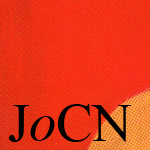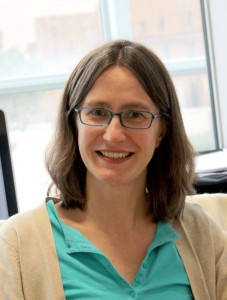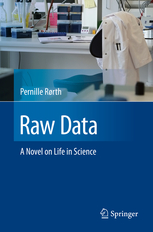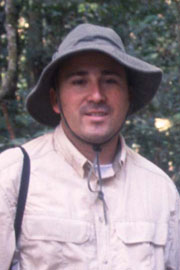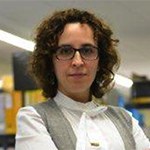 A researcher who published findings questioning the safety of genetically modified organisms has lost a second paper following concerns of image manipulation.
A researcher who published findings questioning the safety of genetically modified organisms has lost a second paper following concerns of image manipulation.
Last week, the journal animal retracted a 2010 paper by Federico Infascelli, an animal nutrition researcher at the University of Naples, which claimed to find modified genes in the milk and blood of goats who were fed genetically modified soybeans. The retraction stems from an investigation that concluded the authors likely manipulated images, according to the note. Earlier this year, another journal retracted one of Infascelli’s papers that contained a duplicated figure.
In February, Italian paper La Repubblica (which we read with Google Translate) reported that the university found problems in three of his articles and issued a warning.
Here’s the retraction note for “Fate of transgenic DNA and evaluation of metabolic effects in goats fed genetically modified soybean and in their offsprings:”
Continue reading Another paper by GM researcher pulled over manipulation concerns
